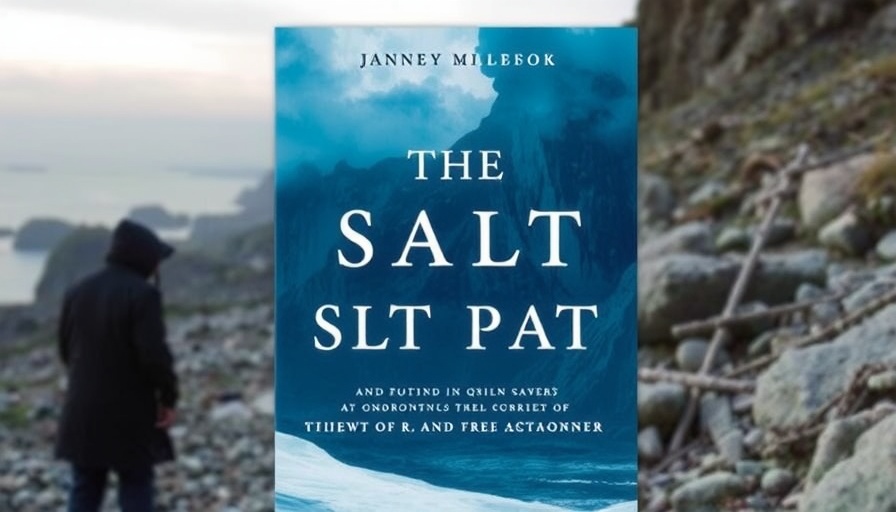
A Literary Journey Turns Controversial
The book "The Salt Path" by Raynor Winn has resonated with millions since its release, capturing the spirit of adventure and resilience. This memoir chronicles the author’s journey of walking the South West Coast Path in England with her terminally ill husband, a trek that turned into not just a physical journey but a metaphorical one for overcoming life's challenges. However, recent events have sparked controversy surrounding the narrative and the author’s claims.
What Sparked the Controversy?
Criticism has emerged over the authenticity of Winn's story, including allegations that some personal experiences may have been embellished or altered for dramatic effect. This has split readers into camps: those who are disillusioned by the revelations and those who still find value in the overarching themes of hope and endurance.
The Role of Reader Perception
In literature, especially memoirs, the line between truth and storytelling can often blur. While some argue that the emotional truth of an experience can outweigh factual inaccuracies, others feel misled when they discover inconsistencies. This has led to broader discussions about the nature of storytelling and the expectations readers should hold for memoirs versus fictional accounts.
Lessons On Authenticity
The controversy surrounding "The Salt Path" serves as a reminder of the importance of authenticity in storytelling. Readers must critically engage with texts and understand that behind every written story lies a human experience, often complex and multifaceted.
Conclusion: Reflecting on Our Stories
As we reflect on "The Salt Path," it's essential to remember that every narrative holds layers of meaning. Whether factual or embellished, these stories can empower us in significant ways. The discussion sparked by this controversy encourages readers to delve deeper into the narratives they engage with, fostering a richer understanding of both the text and our own lives.
 Add Row
Add Row  Add
Add 




Write A Comment